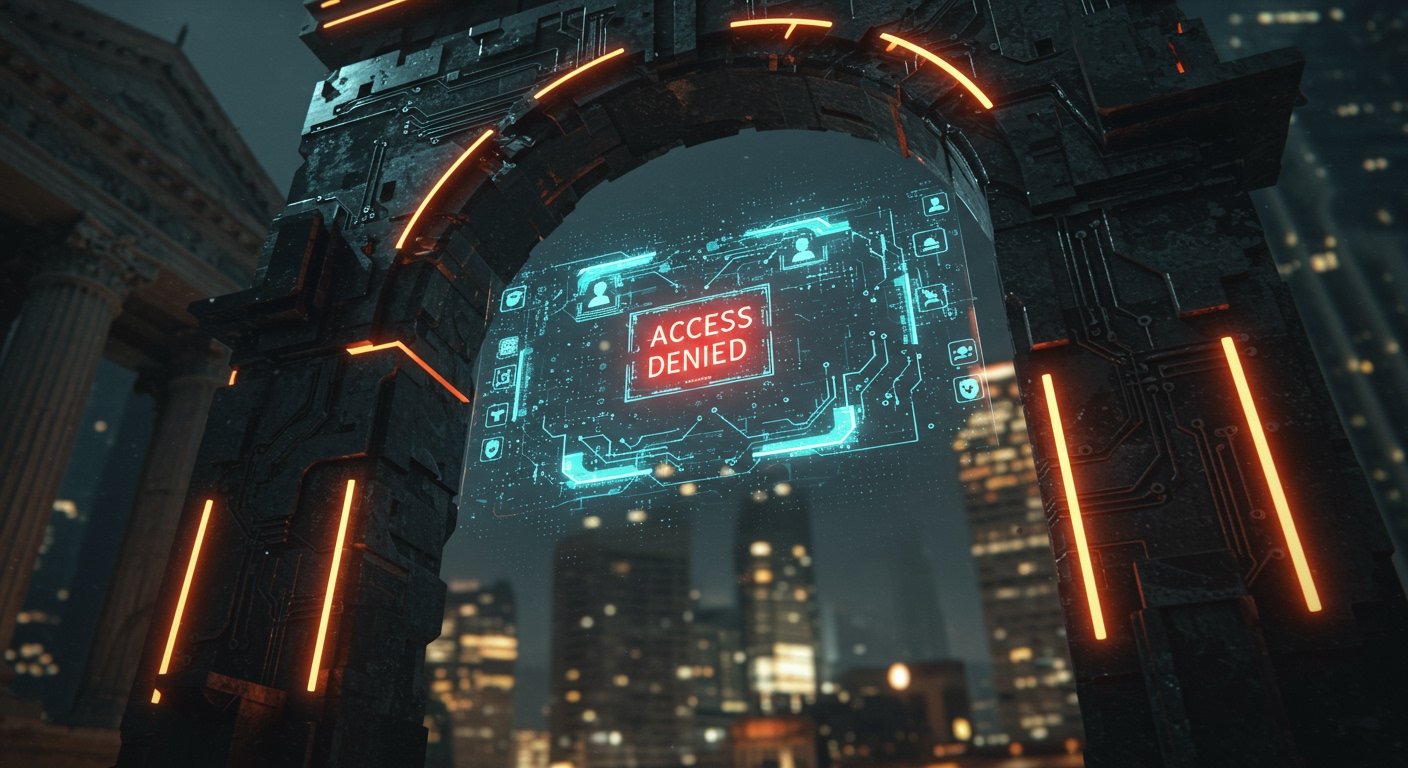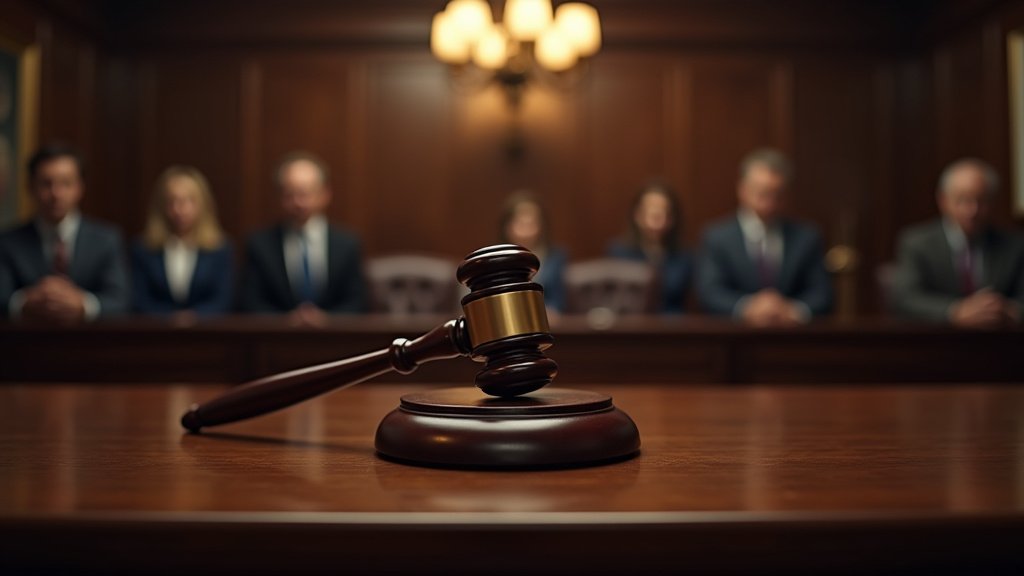Washington, D.C. – The U.S. Supreme Court delivered a significant ruling today, upholding a Texas law that mandates age verification for websites containing sexually explicit content. The 6-3 decision effectively allows the state to enforce its 2023 statute, known as HB 1181, designed to prevent minors from accessing online pornography.
Justice Clarence Thomas authored the majority opinion, asserting that the Texas law represents a constitutional exercise of the state’s authority to protect children from content deemed harmful to minors. This ruling overturns a previous decision by the Fifth Circuit Court of Appeals, which had blocked the law’s implementation.
Understanding Texas HB 1181
Enacted in 2023, Texas HB 1181 targets websites where more than one-third of the content is considered harmful to minors under state law. It imposes a strict requirement for these sites to verify the age of users, ensuring they are 18 years of age or older before granting access.
The law outlines several acceptable methods for age verification. These include requiring users to provide digital identification, upload a government-issued identification card, or utilize a commercially reasonable age verification method. The latter category is broad but has been interpreted to potentially include methods like checking banking information, though the specific implementation details and their privacy implications have been points of contention.
Proponents of the law, including Texas Attorney General Ken Paxton, have argued that it is a necessary measure to safeguard children in the digital age, where access to adult content is readily available online. They contend that existing content filters and parental controls are insufficient to provide adequate protection.
The Legal Challenge and Arguments
The Texas law faced immediate legal challenges from within the adult entertainment industry. A coalition of adult websites, including the widely-known platform Pornhub, partnered with the Free Speech Coalition to file a lawsuit challenging the statute.
The challengers argued that HB 1181 violated fundamental constitutional rights, specifically citing concerns under the First Amendment’s guarantee of free speech and privacy protections. They contended that mandating age verification places an undue burden on both website operators and users, potentially chilling access to lawful content and requiring individuals to disclose sensitive personal information.
Their legal arguments centered on the idea that less restrictive means could be employed to protect minors, and that the age verification requirements were overly broad and invasive, impacting the privacy of adults seeking to access legal online content. The Fifth Circuit Court of Appeals had initially sided with these arguments, issuing an injunction that temporarily blocked the law.
The Supreme Court’s Rationale
The Supreme Court’s 6-3 majority disagreed with the Fifth Circuit and the challengers’ claims. Justice Thomas’s opinion focused on the state’s compelling interest in protecting minors.
The majority found that the age verification requirements of HB 1181 were sufficiently tailored to serve this interest without imposing an unconstitutional burden on free speech rights. They reasoned that the law regulates access based on the age of the user, not the content itself, and that the methods provided for verification offered reasonable pathways for adults to gain access.
The dissenting justices expressed concerns about the potential impact on free speech and privacy, echoing some of the arguments made by the challengers. However, the majority’s view ultimately prevailed, clearing the way for Texas to implement its stringent age verification requirements.
Implications and Future Landscape
This ruling has significant implications for the adult entertainment industry, online content providers, and potentially the broader landscape of internet regulation in the United States. Websites covered by the Texas law now face the immediate need to implement robust age verification systems or risk substantial penalties.
Under HB 1181, non-compliant websites can be subject to fines of up to $10,000 per day for each violation. This financial risk is expected to compel rapid changes in how adult content is accessed in Texas.
Beyond the immediate impact on adult sites, legal experts suggest the decision could encourage other states to pursue similar age verification laws for various types of online content deemed potentially harmful to minors. The ruling could set a precedent regarding the balance between state power to protect children and constitutional free speech and privacy rights in the digital realm.
The Free Speech Coalition and other opponents of the law have expressed disappointment with the ruling, warning that it could pave the way for a more censored internet and pose significant privacy risks for users. Conversely, child safety advocates have lauded the decision as a vital step in protecting vulnerable populations online.
The implementation of HB 1181 in Texas will be closely watched, serving as a potential model or cautionary tale for other jurisdictions considering similar legislative approaches to regulating online content access based on age.






